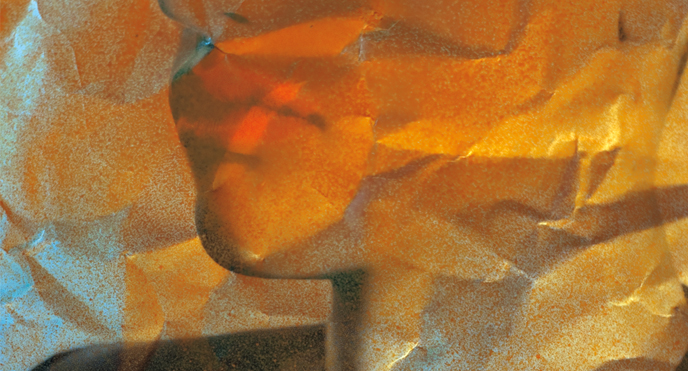Metaphysical Dog
Thank you!
Any observer of my life would say that I’ve never been wise in my erotic choices, but have been extraordinarily lucky in friendships.
opens in a new window |
The first person I must mention is my editor and friend, Jonathan Galassi. Jon, much before he could professionally do anything about it, “got” my work, made me feel it was valuable. To have as my editor someone who is a searching, indelible poet in his own right, who has given the English-speaking world revelatory versions of Montale and Leopardi, is huge—a great privilege.
Early in my life Elizabeth Bishop and Robert Lowell gave me the great gift of their friendship. The dilemma they faced at the beginning of their writing life is the same dilemma that every serious poet has faced since—how to add something to the tradition of Modernism without betraying it. They were not fundamentally at war with their artistic parents: but something was not yet there that they must discover. This is the tradition that I’ve hoped to be in: I’d call it “Neo-Modernism” (a term I first heard from Robert Pinsky) rather than “Post-Modernism.” It doesn’t repudiate the essential ambition of the great innovative masters at the beginning of the twentieth century. “Post-Modernism” has come too often to be understood as an ironic manner, an embrace of modesty out of despair that there is anything else to be embraced, a disavowal of the possibilities of evoking heartbreak and large vision.
I remember a review of Maria Callas’ recording of Carmen that suggested that first hearing her voice was shocking, like biting into a lemon. I remember saying to myself that I wanted my poems to startle, to arrest the attention, in that way. I thank the judges for choosing what I hope they found to be, in part, biting into a lemon.
No good book reproduces exactly what’s valuable in another. I envy the books written by the poetry finalists this year; each has important virtues that my book lacks. The judges had to compare, not one like thing to another, but apples to oranges to grapes to pomegranates to clementines.
We all know that, at bottom, there is no competition. In the real world, rather than the artificial hothouse of a finalists’ list, there’s no need to choose between Donne and George Herbert, between Colette and Faulkner. Each feeds a hunger in us that we first discovered when we first read them. When I was an undergraduate, first reading King Lear, I can remember vividly my teacher, Tom Edwards, pointing out that after the great sentence that cost so much to arrive at, that sums up so much of the play’s disillusion and pain—the sentence “Ripeness is all”—another line follows. The scene ends with this single line, a simple phrase, said by Gloucester: “And that’s true, too.”
In other words, the great line that sums up “all” isn’t “all.” There is no competition between writers because no writer—not even Shakespeare or Dante—says it “all.” Art is constantly saying “And that’s true TOO.” There is no end to IS. The best that we, as writers, can hope for, is to become food, and to remain food. Thank you.
Frank Bidart’s recent full-length collections of poetry include Watching the Spring Festival (FSG, 2008), Star Dust (FSG, 2005), Desire (FSG, 1997), and In the Western Night: Collected Poems 1965–90 (FSG, 1990). He has won many prizes, including the Wallace Stevens Award, the 2007 Bollingen Prize for American Poetry and, most recently, the 2013 National Book Critics Circle Award for Metaphysical Dog. He teaches at Wellesley College and lives in Cambridge, Massachusetts.
